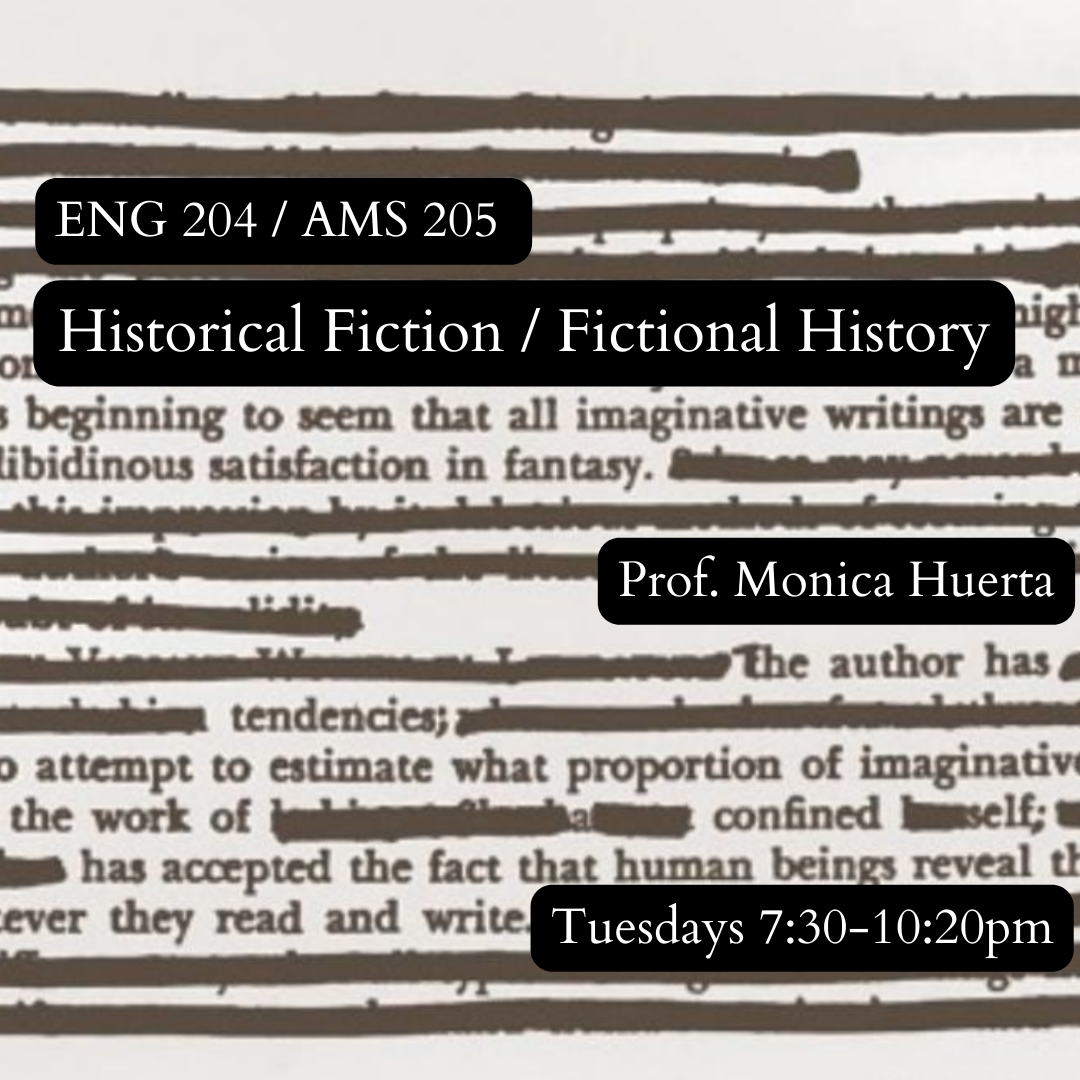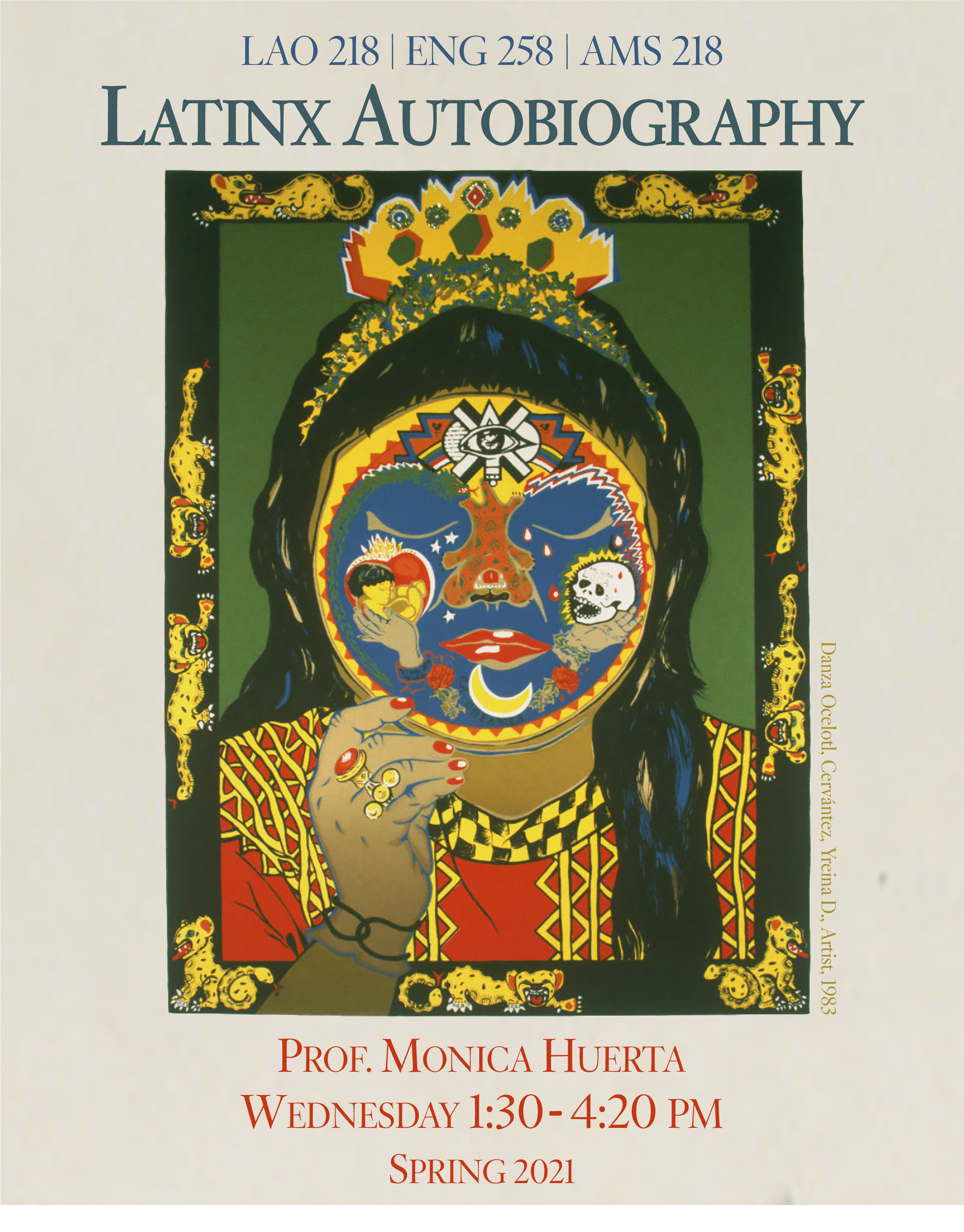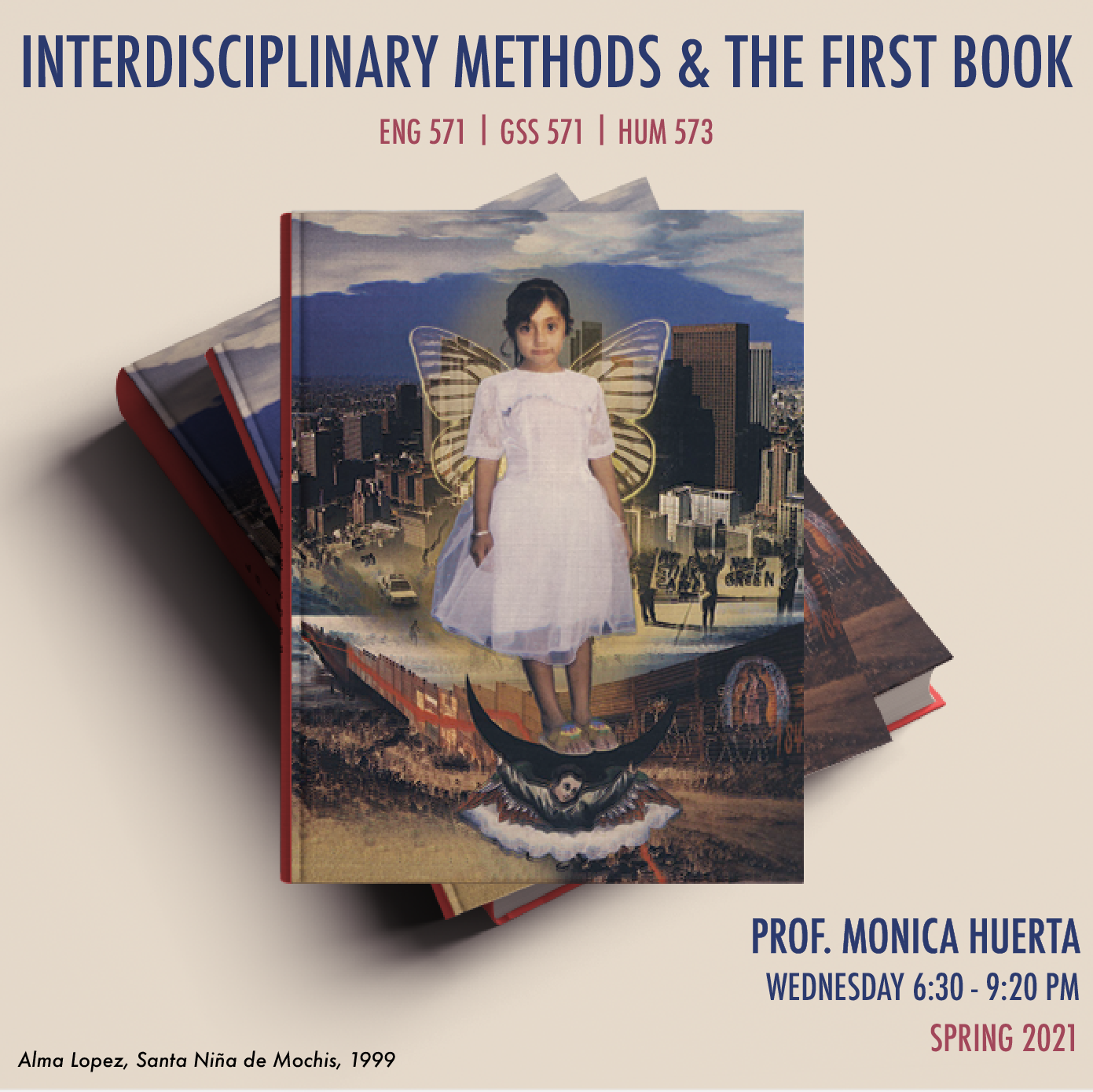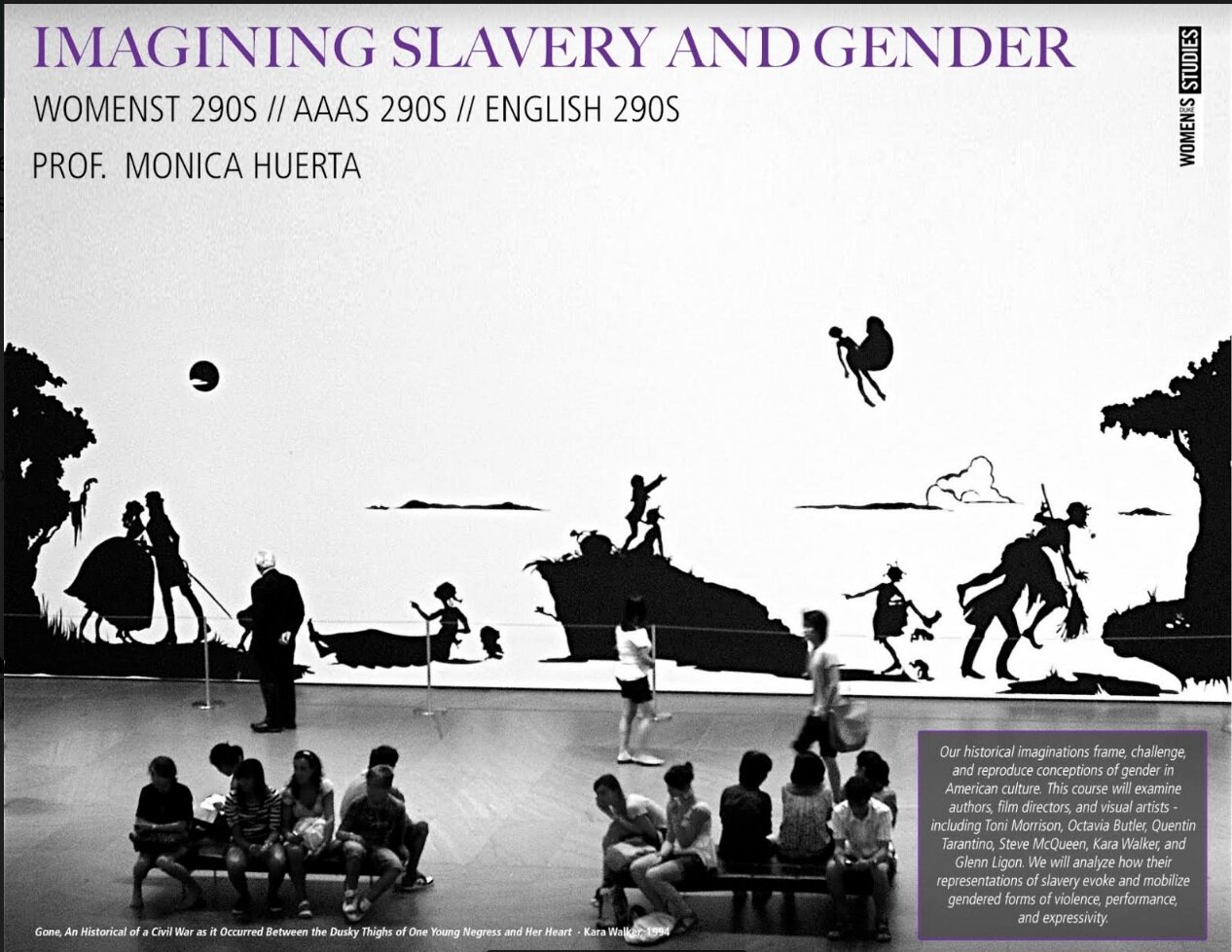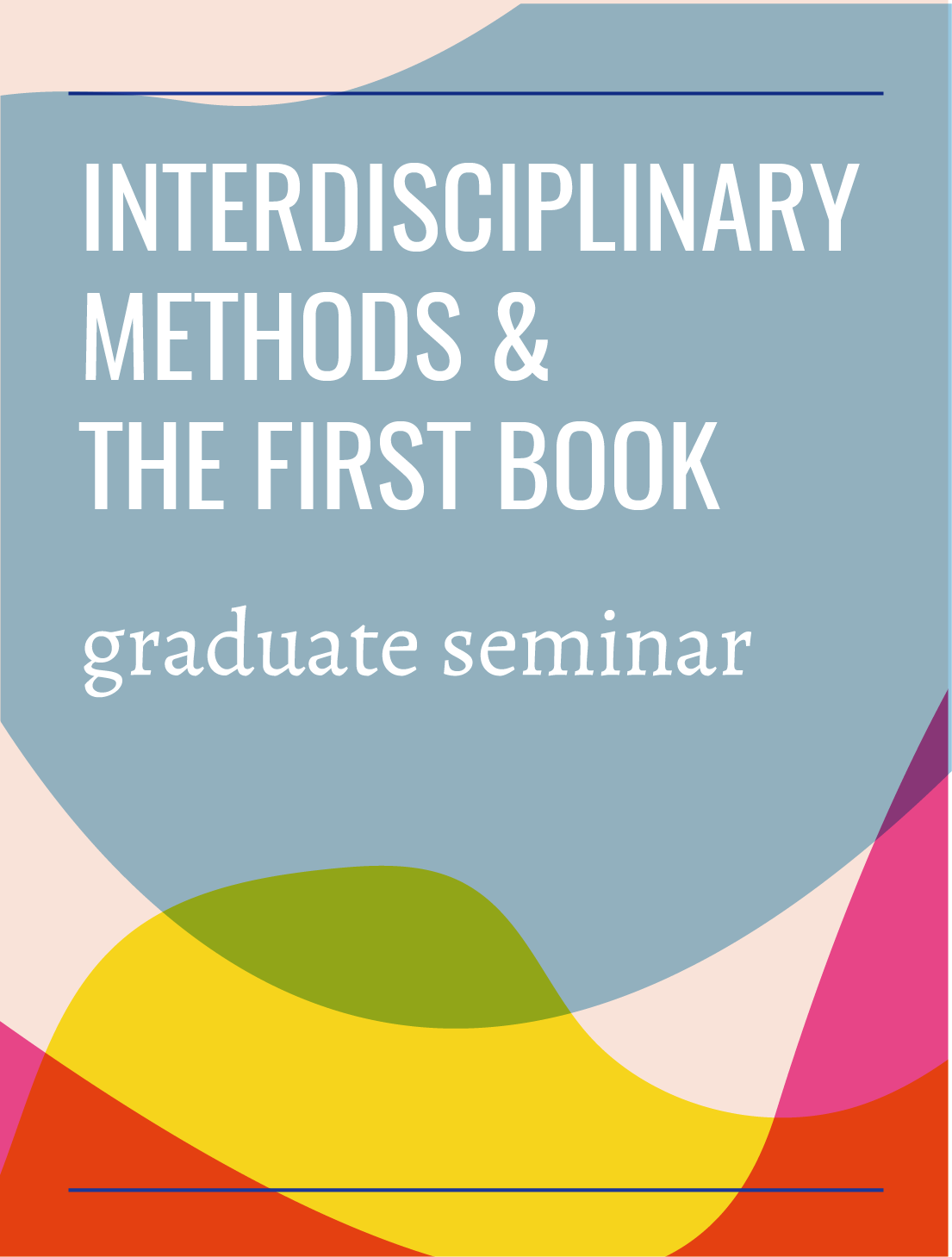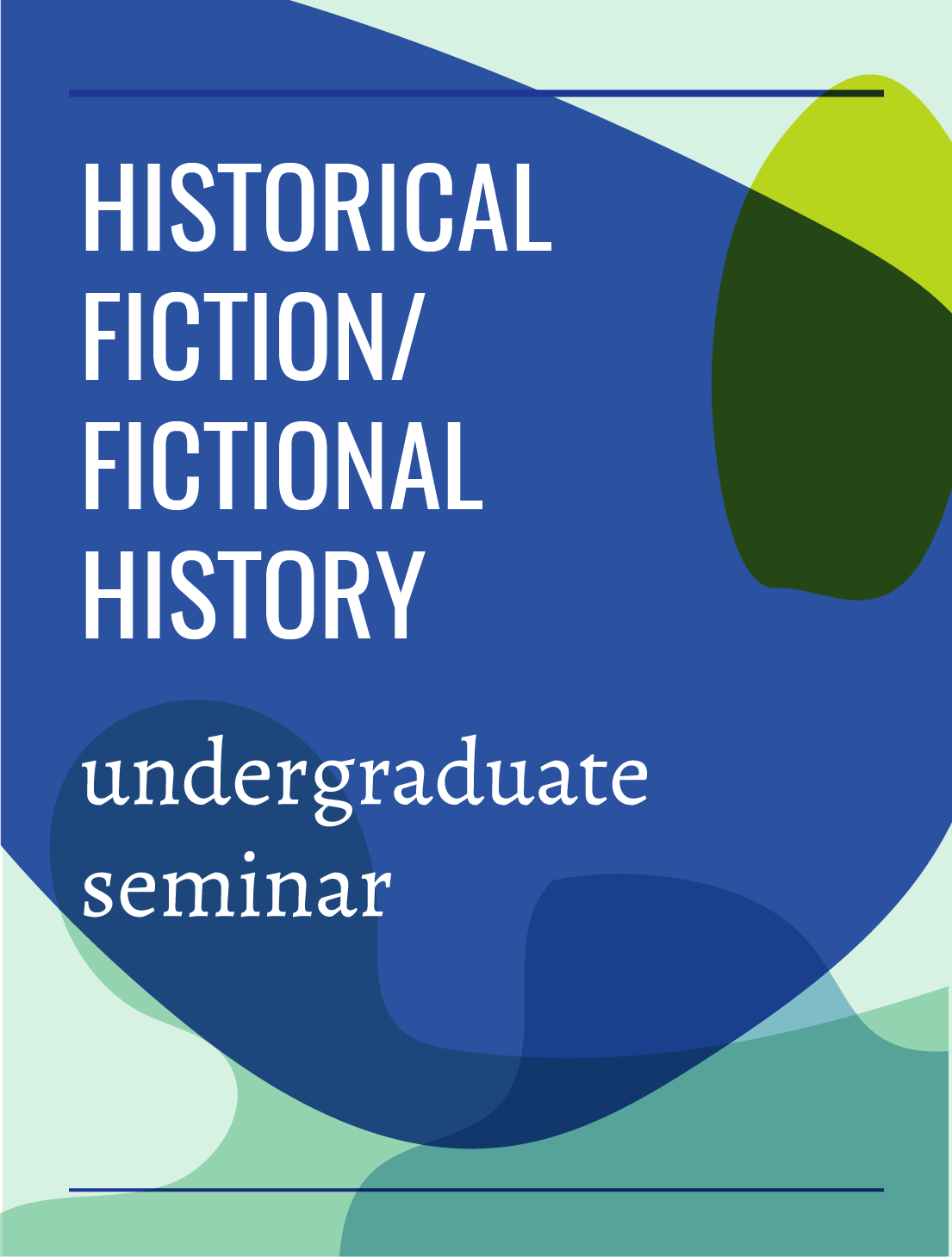Sample Courses
Questions
How do contemporary Latinx artists use photography and its iterations (e.g. video installations, cyanotypes, photo collage, repurposing archival prints) to figure unconventional notions of intimacy, diaspora, identity, archives, revolution, futures, and immediacy? What can we learn about artists’ political imaginations if we study their reimagination of the medium and its aesthetic coordinates?
Objectives
- Students will learn to identify distinct genres and traditions of photography
- Students will learn and practice using critical terms for studying photography
- Students will become familiar with key figures in contemporary Latinx photography
- Students will practice describing distinct relationships between aesthetics and political imaginations
- Students will develop their own critical-curatorial practice
Sample Readings
Chicano and Chicana Art (eds. Gonzalez et al); Unlearning Imperialism (Azoulay); Collaboration: A Potential History of Photography (Raiford, Meiselas, Wexler, Azoulay, Ewald); Latinx Art (Dávila)
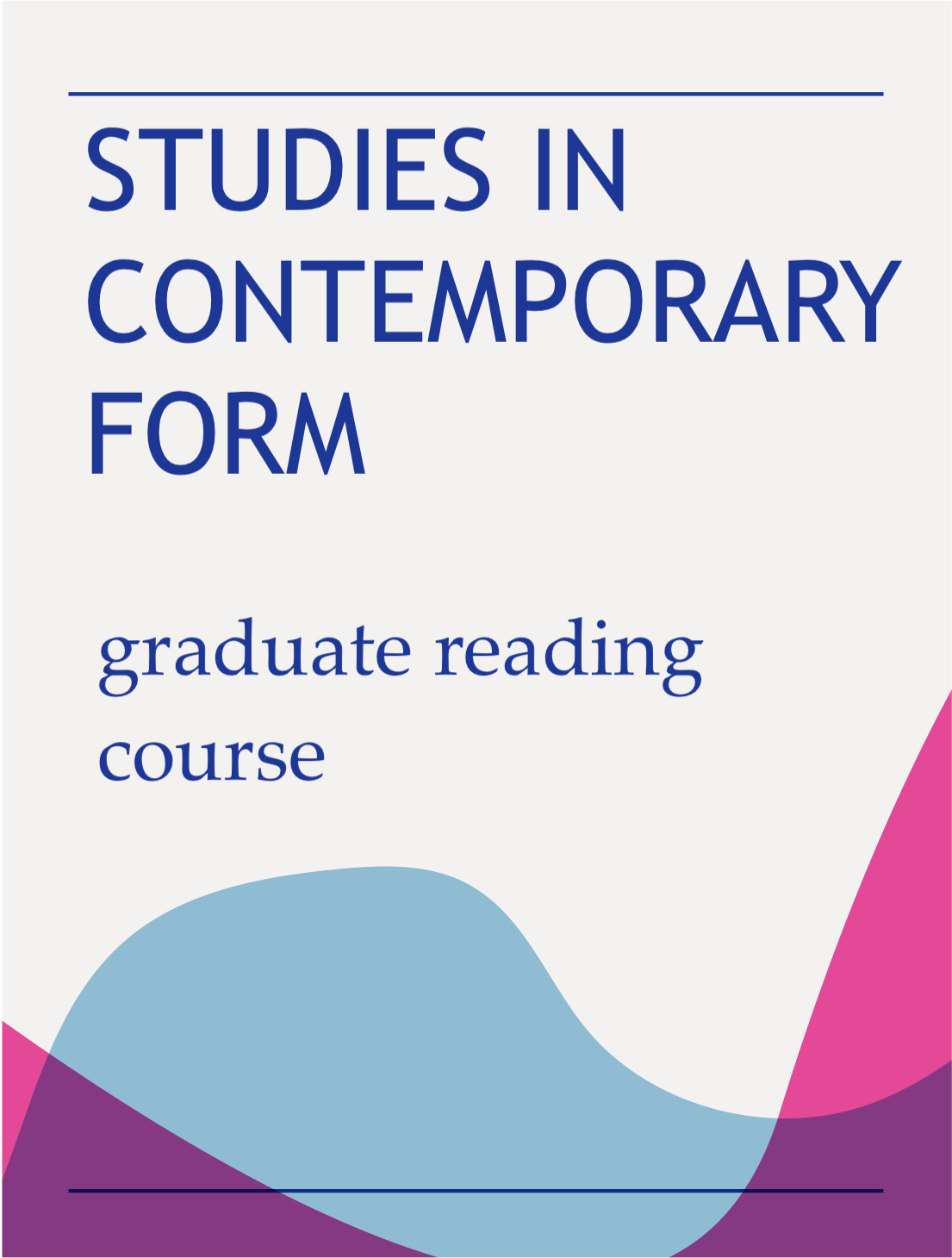
Questions
What if the old forms won’t do? How do contemporary critics and writers experiment with and in multiple forms as partial answer to the precarity and pressure of late capitalism?
Objectives
- Students will read contemporary works of experimental criticism and theory in relation to canonical works of generic promiscuity
- Students will think in tandem about the generic assumptions of scholarship and literariness
- Students will write their own works of experimental criticism
Sample Readings
Saidiya Hartman, Wayward Lives, Beautiful Experiments; Hua Hsu, Stay True; Eve Sedgwick, A Dialogue on Love, Alexis Pauline Gumbs, Spill
Questions
How does early animation draw on and depart from nineteenth century cartoon and performance practices? How does the archive of animation challenge easy assumptions about “realism”? What does the study of animation offer the study of living in modernity, including the imbrication of the histories of race and form?
Objectives
- Students will gain familiarity with terms from film criticism
- Students will read critical approaches to animation from across disciplines including literature, history, law, cultural studies, alongside key texts in critical theory
- Students will practice multi- and interdisciplinary modes of inquiry and analysis
Sample Readings
Nicholas Sammond, Birth of an Industry; Sianne Ngai; Ugly Feelings; Anne Washburn, Mr. Burns: A Postelectric Play
*co-taught with Prof. R. Leo
Questions
What aspects of your identity does your face carry or express, and how do we form attachments not only to our own face, but to other faces through photographs, paintings, avatars, even through emoji?
Objectives
- Students will read and analyze aesthetic, scientific,
philosophical approaches to human faces
-
Students will gain language and theoretical frames for the
ethical hold of the human face
-
Students will explore the limits of “faciality”
- Students will analyze how visual art thematizes and theorizes how we come to “read” faces
Sample Readings
Ruth Ozeki, The Face: A Time Code; G. B. Duchenne, Mechanism of Facial Expressions; Gregory Flaxman & Elena Oxman, “Losing Face,” from Deleuze and the Schizoanalysis of Cinema; Debbie Challis, The Archaeology of Race: The Eugenic Ideas of Francis Galton and Flinders Petrie
Questions
In the introduction to her 2019 memoir, Native Country of the Heart, playwright and poet Cherrie Moraga writes, “Perhaps my writing has never really been about me. Perhaps it was about she all along: she without letters; she fallen off the map of recorded histories; she that is my history and my future....” What would it mean if an autobiography were written for or by, as Moraga implies here, the future?
Objectives
- Students will be able to place the category
“Latinx” (and its precursors) in complicated relation to the peoples it seeks
to describe
- Students will explore how writers experiment
with the project of narrating a life
- Students will gain a new vocabulary and new frameworks for thinking about the personal in relation to structures (e.g. race, history, language, citizenship, gender) as mediated by different narrative forms
Sample Readings
Wendy C. Ortiz, Bruja; Myriam Gurba, Mean; Carmen Maria Machado, In the Dream House
Questions
What makes books field-defining over time? What toolkits and methods carry over between sub-fields?
Objectives
- Students will read prize-winning first books
that are deeply interdisciplinary
- Students will explore trajectories, shifts, and legibility across fields
- Students will start to create their own interdisciplinary toolkit
Sample Readings
Alexandra T. Vazquez, Listening in Detail: Performances of Cuban Music; Simone Browne, Dark Matters: On the Surveillance of Blackness; Sarah Haley, No Mercy Here: Gender, Punishment, and the Making of Jim Crow Modernity
Questions
What are the bounds (ethical, political, moral) of historical speculation that direct narratives deemed historical and narratives deemed fictional?
Objectives
- Students will be introduced to three central
skills: clear and detailed argumentation in writing, constructive critical
conversation, and individual textual interpretation
- Students will gain the building blocks of literary analysis, from close reading to developing a critical vocabulary of interpretive frameworks for thinking about the relation between history and fiction
Sample Readings
Kyle Baker, Nat Turner; Ta-Nahesi Coates, “The Case for Reparations,” Namwali Serpell, The Old Drift; W.G. Sebald, The Emigrants
Questions
What are some of the material and imaginary manifestations of the United States from global, national, and local perspectives? What ideas and debates over land, labor, and resources have shaped the nation and its limits?
Objectives
- Students will gain familiarity with analyzing
multiple media including texts, images, music, performance, and film
-
Students will read critical approaches from
across disciplines including literature, history, political science, theater,
law, cultural studies, art history, and the history of science
- Students will be introduced to multi- and interdisciplinary modes of inquiry
Sample Readings
Mark Twain, Huckleberry Finn; Sherwood Anderson; Winesburg, Ohio; Edward P. Jones, The Known World
Questions
How can we understand the networks of migrations, geographies, and overlapping colonial histories belatedly termed Latinx? How do literary works grapple with these networks, resonances, and histories?
Objectives
- Students will be introduced to three central
skills: clear and detailed argumentation in writing, constructive critical
conversation, and individual textual interpretation
-
Students will be able to place the category
“Latinx” (and its precursors) in complicated relation to the peoples it seeks
to describe
- Students will gain a critical vocabulary and theoretical frameworks for analyzing literary works
Sample Readings
María Amparo Ruíz de Burtón, The Squatter and the Don; Helena Maria Viramontes, Under the Feet of Jesus; Manuel Muñoz, The Faith Healer of Olive Avenue
Course Archive

